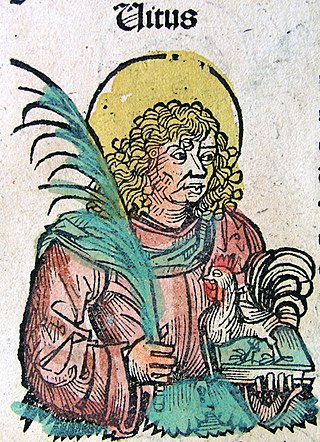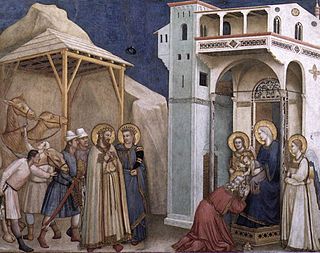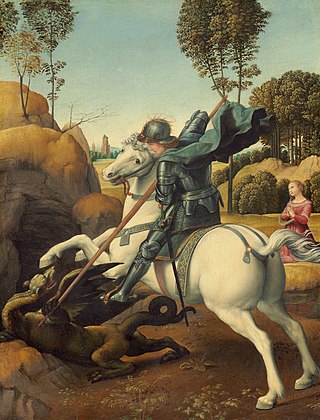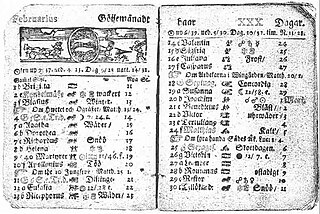May- Josip
- Anastazije, Eugen, Boris
- Filip i Jakov ap., Jakica
- Florijan, Cvjetko, Cvijeta
- Vinko Fererski, Maksim, Andenlko
- Dominik Savio, Nedjeljko, Benedikta
- Dujam, Duje, Duška, Gizela kr.
- Marija posrednica, Marina, Ida
- Herman, Mirna, Beato, Kristofor
- Ivan Merz, Gospa Trsat.
- Mamerto
- Leopold Mandic
- Gospa Fatimska, Servacije, Ena
- Matija ap., Mate, Matko, Matea
- Solinski mucenici, Sofija
- Ivan Nepomuk, Andrija Bobola, Nenad
- Paskal, Paško
- Ivan I. papa, Venancije, Srecko
- Celestin V. p., Rajko, Teofil, Inka
- Bernardin Sijenski
- UZAŠAŠCE GOSP., SPASOVO
- Renata, Rita, Jelena, Jagoda, Milan
- Deziderije, Željko, Želimir, Vilim
- Marija Pom., Prijenos sv. Dom.
- Beda Casni, Grgur VII., papa
- Filip Neri, Zdenko, Eleuterij
- Augustin Canterburyjski
- German
- Polion i Euzebije, Veceslav
- Ivana Arška
- DUHOVI, Pohod BDM, MB Kam. vrata
| June- Marija, Justin, Malden
- Marcelin i Petar, bl. Sadok, Eugen
- Karlo Lwanga i dr.
- Kvirin Sisacki, Petar from Verona, Predrag
- Bonifacije, Valerija, Darinka
- Nobert, Neda, Klaudije, Berto
- Robert
- Bl. Dijana i Cecilija, Medardo, Vilim
- Efrem, Ranko
- Margareta, Dijana, bl. Ivan Dominici
- Barnaba ap., Borna
- Ivan Fakundo, Bosiljko, Nino
- Antun Padovanski, [lower-alpha 10] Ante, Tonci, Toni
- Rufin, Elizej, Zlatko
- Vid, Modest
- Franjo Regis [lower-alpha 3]
- Laura, Nevenka, Adolf
- Marko i Marcelijan, Ljubomir
- Presveto Srce Isusovo, Romualdo
- Bezgrešno Srce Marijino, Naum Ohrid.
- Alojzije Gonzaga
- Ivan Fisher, Toma More
- Josip Caffasso, Sidonija, Zdenka
- Rodenje Ivana Krstitelja
- Vilim, Nora
- Ivan i Pavao, Vigilije, Zoran
- Ladislav kralj, Ciril Aleksandrijski
- Irenej, Smiljan
- Petar i Pavao, ap., Krešimir
- Rimski prvomucenici, Kajo
| July- Estera
- Oton, Višnja, Ostoja
- Toma apostol, Tomislav, Tomo, Miki
- Elizabeta Portugalska kr., Elza, Berta
- Ciril i Metod, Slaven
- Marija Goretti
- Vilibald, Vilko, Klaudija
- Akvila i Priscila
- Marija Petkovic, Ivan from Cologne i muc.
- Amalija, Alma, Ljubica, Ljuba
- Benedikt opat, Olga, Oliver
- Mislav, Tanja, Suzana
- MAJKA BOŽJA BISTRICKA
- Kamilo de Lellis, Miroslav
- Bonaventura
- Gospa Karmelska, Karmela
- Bl. Ceslav Poljak, Branko, Dunja
- Fridrik, Dalibor, Arnold, Natko
- Justa i Rufina, Zlatka
- Ilija prorok, Ilijana
- Danijel prorok, Lovro Brindiški, Danica
- Marija Magdalena
- Brigita Švedska, Ivan Cassian, Slobodan
- Kristina Bols., Mirjana
- Jakov st. ap., Kristofor, Kristo
- Joakim i Ana, Rod. BDM
- Klement Ohridski, Natalija m.
- Nazarije i Celzo mm., Inocent
- Marta, Blaženka
- Petar Krizolog, Rufin, Anda
- Ignacije Loyolski, Vatroslav, Ognjen
| August- Alfons, Vjera, Nada
- Gospa od Andela
- Bl. Augustin Kažotic, Lidija
- Ivan M. Vianney, Ivica, Tertulijan
- Gospa Snježna, Snježana, Nives
- Preobraženje Gospodinovo
- Siksto II. p., Kajetan, Albert, Donat b.
- Dominik, Nedjeljko, Dinko
- Edith Stein, Tvrtko
- Lovro dakon, Laura
- Klara Asiška, Jasna, Jasminka
- Anicet, Ena
- Poncijan i Hipolit, Ivan Berchmans
- Maksimilijan Kolbe, Alfred
- Marija, Velika
- Rok, Stjepan kralj
- Hijacint Poljak, Slobodan
- Jelena Križarica, bl. Manes
- Ivan Eudes
- Bernard cn., Branko, Dino
- Pio X. p., Hermogen, Anastazij
- BD Marija Kraljica, Regina, Vladislava
- Ruža Limska, Filip
- Bartol ap., Bariša, Zlata
- Ljudevit IX., Josip Kalasancijski, Patricija
- Aleksandar
- Monika, Honorat, Caslav
- Augustin, Tin, Gustav
- Glavosijek Ivana Krstitelja, Sabina R.
- Feliks, Radoslava
- Rajmund, Rajko, Paulin
|














